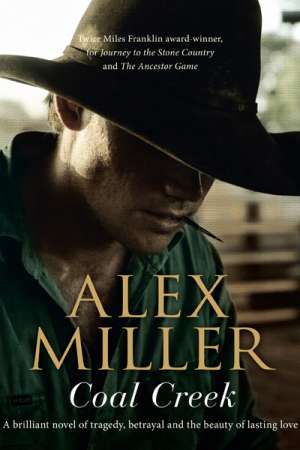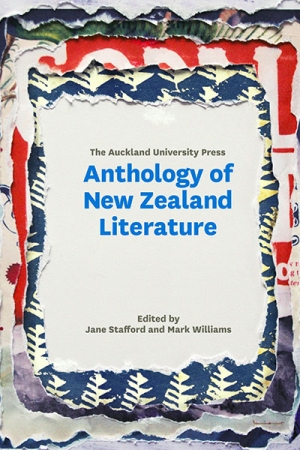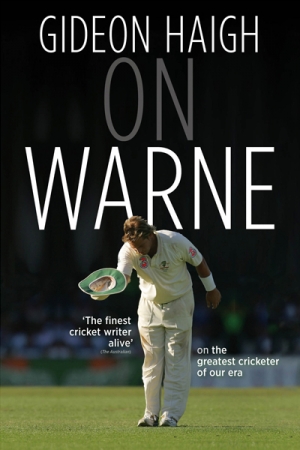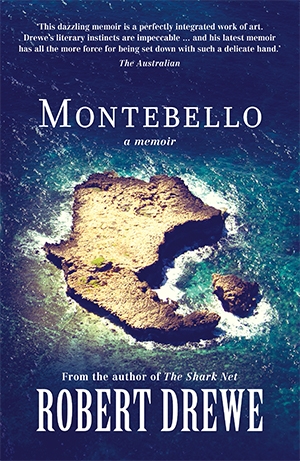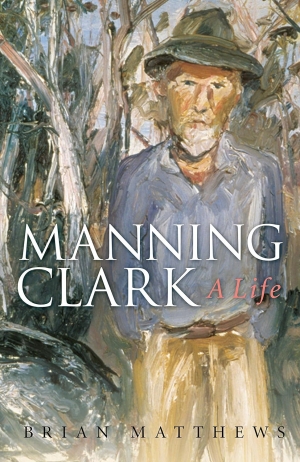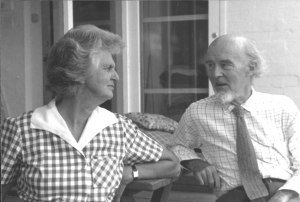Brian Matthews
The writing of a novel, Alex Miller has said, ‘is a kind of journey of the imagination in which there’s the liberty to dream your own dream … There’s always got to be a model located somewhere in fact and reality … But some of your best characters are what you think of as being purely made up, just characters that needed to be there.’
... (read more)Brian Matthews reviews 'The Auckland University Press Anthology of New Zealand Literature' edited by Jane Stafford and Mark Williams
In his The Art of Wrist-Spin Bowling (1995), Peter Philpott remarks: ‘If there is one factor in spin bowling which all spinners should accept … it is the concept that the ball should be spun hard. Not rolled, not gently turned, but flicked, ripped, fizzed.’ Richie Benaud agrees: ‘Spin it fiercely. Spin it hard.’ The intensity of the grip that produces ‘fizz’ will also often result in the ball either floating high and free in the air or thumping into the pitch a few yards ahead of the popping crease.
... (read more)Brian Matthews reviews 'Montebello: A memoir' by Robert Drewe
Robert Drewe’s first memoir, The Shark Net (2000) – an account of ‘memories and murder’ – opens in the transforming ‘different sunlight’ of a courtroom, a light that seems ‘harsher, dustier, more ancient looking’, making the figure in the dock somehow ‘uglier, smaller’, ‘like a criminal in a B-movie’, the very ‘stereotype of a crook’.
... (read more)It is exhilarating and always illuminating to return to Henry Lawson. His is a body of work – slim and fragile though it may be – with which many would confidently claim to be particularly familiar. ‘The Drover’s Wife’, ‘The Union Buries Its Dead’, ‘The Loaded Dog’ and many others are a part of our literary and cultural reference. Yet Lawson’s fiction is so deceptive, seemingly intuitive and ‘natural’, that it is easy to forget just how artful and crafted it is. This is one reason why the Mitchell sketches, for example, held together by a few strokes and much implication, are always potent reminders of how brilliantly and deftly Lawson managed his fiction, how spare, tremulous and scarcely visible are the structural props of his narrative, and how he merged his own experiences into a prose that powerfully transcends its autobiographical provenance. These are some of the reasons why the reissue of a collection like John Barnes’s influential and authoritative take on Lawson is welcome and timely. The addition of John Kinsella’s introduction to sit alongside Barnes’s original 1986 essay makes the whole enterprise even more attractive.
... (read more)Stuart Macintyre reviews ‘Manning Clark: A life’ by Brian Matthews
This life begins with a ritual its subject practised through the 1960s and 1970s. Manning Clark would visit St Christopher’s Cathedral, Canberra, kneel before its shrine of the Virgin, ask assistance in fighting his need for alcohol, and beg forgiveness and peace. While Clark’s funeral was a requiem mass at St Christopher’s, and a preoccupation with the Catholic faith became increasingly evident in his later years, this is not a beginning that those who read his history or became familiar with his public appearances would expect.
In relating these regular visits to the shrine, Brian Matthews signals the themes that run through this life of Clark. There is his susceptibility to alcohol and the way that it exacerbated his erratic behaviour. There is the fraught character of his most intimate relationships, and his persistent torment of anguish and guilt. There is his intellectual ambition, his need for reassurance and vulnerability to criticism. And there is his constant search for faith.
... (read more)Jonathon Otis – a true believer
The winner of the 2008 ABR Reviewing Competition is Jonathon Otis for his review of Julian Barnes’s memoir, Nothing to Be Frightened Of. Mr Otis receives $1000 and future commissions in the magazine. Second prize, valued at $250, goes to Elizabeth Campbell for her review of Brook Emery’s poetry collection Uncommon Light. Third prize, a set of Black Inc. books, goes to Alexis Harley for her review of Janet Frame’s novel Towards Another Summer.
The competition attracted 150 entries – a forty per cent increase from 2005. The selection of subjects under review was impressively vast, ranging from national and international fiction to ethics, the economy and even gastronomy. Religion, notably, was a popular subject; we received numerous reviews of Christopher Hitchens. There were multiple reviews of Ian McEwan and J.M. Coetzee. Interestingly, death was a popular subject.
Peter Rose judged the competition with Rebecca Starford. The Editor remarked: ‘This competition gets better and better. I’m pleased we attracted more entries, but the main purpose of this competition is to foster greater interest in the art of reviewing, to encourage new reviewers and to replenish the ranks of Australian critics. The standard this year was markedly higher than in previous years; the long list was extensive. We have identified about two dozen new reviewers for ABR. We’ll certainly present this award again in 2009.’
Jonathan Otis, a Melbourne-based writer with an abiding interest in genre, had this to say on learning of his win: ‘I feel a quiet, comforting elation. I am a true believer in literature’s life-affirming qualities. For me, ABR exemplifies vigilance through art in Australia. I am thrilled to have won the competition and for the opportunity to contribute to such an esteemed literary review.’
Jonathon Otis’s review appears on page 42. He will write for us again in 2009.
... (read more)Dear Editor,
Brian Matthews makes an eloquent defence of Manning Clark’s Kristallnacht fantasy, but I was surprised to find myself being drafted as a witness simply because I once said that autobiography is ‘a lying art’ (May 2007). Actually, I can’t remember ever having used quite those words, but, as Brian Matthews well argues, memory plays tricks.
... (read more)Mark McKenna’s analysis of Manning Clark’s Kristallnacht episode (The Monthly, March 2007) – in which he shows that Clark was not in Bonn on Kristallnacht, that he arrived a couple of weeks later, but that in ensuing years he appropriated his fiancée Dymphna’s experience and account and made it his own without any attribution – may be further illuminated, given another dimension, if we look more closely not at Clark, who, as McKenna shows, wasn’t there, but at Dymphna, who was.
... (read more)Dennis Altman
In any given year we will read but a tiny handful of potential ‘best books’, so this is no more than a personal selection. Here are two novels that stand out: Stephen Eldred-Grigg’s Shanghai Boy (Vintage) and Hari Kunzru’s Tranmission (Penguin). Both speak of the confusion of identity and emotions caused by rapid displacement across the world. The first is the account of a middle-aged New Zealand teacher who falls disastrously in love while teaching in Shanghai. Transmission takes a naïve young Indian computer programmer to the United States, with remarkable consequences. From a number of political books, let me select two, both from my own publisher, Scribe, which offers, I regret, no kickbacks. One is George Megalogenis’s The Longest Decade; the other, James Carroll’s House of War. Together they provide a depressing but challenging backdrop to understanding the current impasse of the Bush–Howard administrations in Iraq.
... (read more)
